Edible Plants – Dandelion
Often dismissed as a pesky weed, the humble dandelion (Taraxacum Officinale) is a nutritional powerhouse. This article will show you the nutritional values and medicinal potential of this often overlooked weed.
Nutritional Value
Dandelions are packed with vitamins, minerals, and antioxidants, dandelions offer a variety of health-promoting elements, including:
- Vitamins: Dandelion greens are a potent source of vitamins A (64% of daily value), C (42% of daily value), and K (741% of daily value). These vitamins play crucial roles in immune function, skin health, and blood clotting. Furthermore, dandelion also contains high amounts of Vitamin E (23% of daily value) and B2 (riboflavin; 22% of daily value)
- Minerals: Dandelions contain minerals such as potassium, calcium, iron, and magnesium, of which iron in high quantity (24% of daily value). These minerals support bone health, blood pressure regulation, and overall bodily functions.
- Antioxidants: The plant is loaded with antioxidants like beta-carotene and polyphenols, which help combat oxidative stress, reduce inflammation, and may lower the risk of chronic diseases.
Culinary Uses
Dandelions are not just nutritious; they also add a delightful and slightly bitter flavour to a variety of dishes. The leaves, flowers, and roots are all edible, and they can be incorporated into your meals in the following ways:
- Flowers and greens We use fresh dandelion greens and flowers in our smoothies and salads, providing a unique, peppery taste that complements other greens.
- Root: Dandelion root tea is a popular beverage known for its earthy flavour and potential health benefits. I recently started drying this root when we dug them up during our autumn planting.
Medicinal Properties
Dandelions have been used in traditional medicine for centuries across various cultures. Some of the medicinal properties attributed to dandelions include:
- Digestive Aid: Dandelion root has been used to stimulate digestion and alleviate issues such as bloating and constipation.
- Liver Health: Dandelion is believed to support liver function by promoting the flow of bile, which aids in digestion and detoxification.
- Anti-Inflammatory Effects: The antioxidants in dandelions may help reduce inflammation, potentially benefiting conditions like arthritis and other inflammatory disorders.
- Diuretic Properties: Dandelion has mild diuretic effects, promoting the elimination of excess water and salt from the body, which may be helpful for individuals with high blood pressure.
So, far from being just a garden nuisance I woud say. Dandelion proves to be a nutritional treasure with a multiple potential health benefits. Thus, the next time you consider removing these yellow blooms from your lawn, think twice and perhaps consider adding them to your plate instead.



